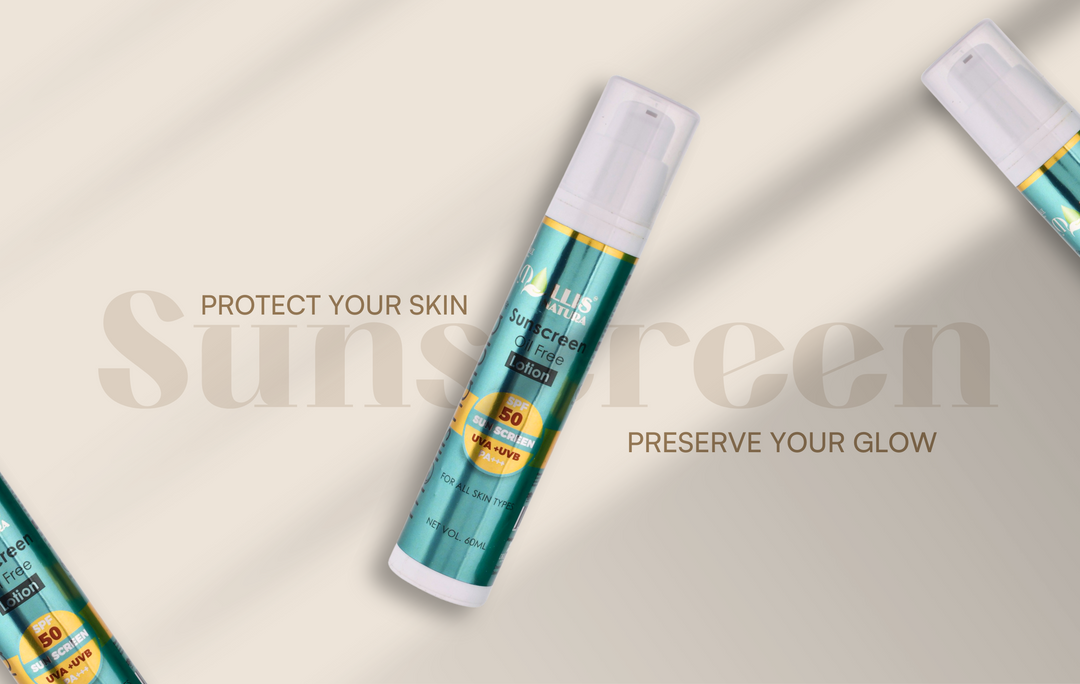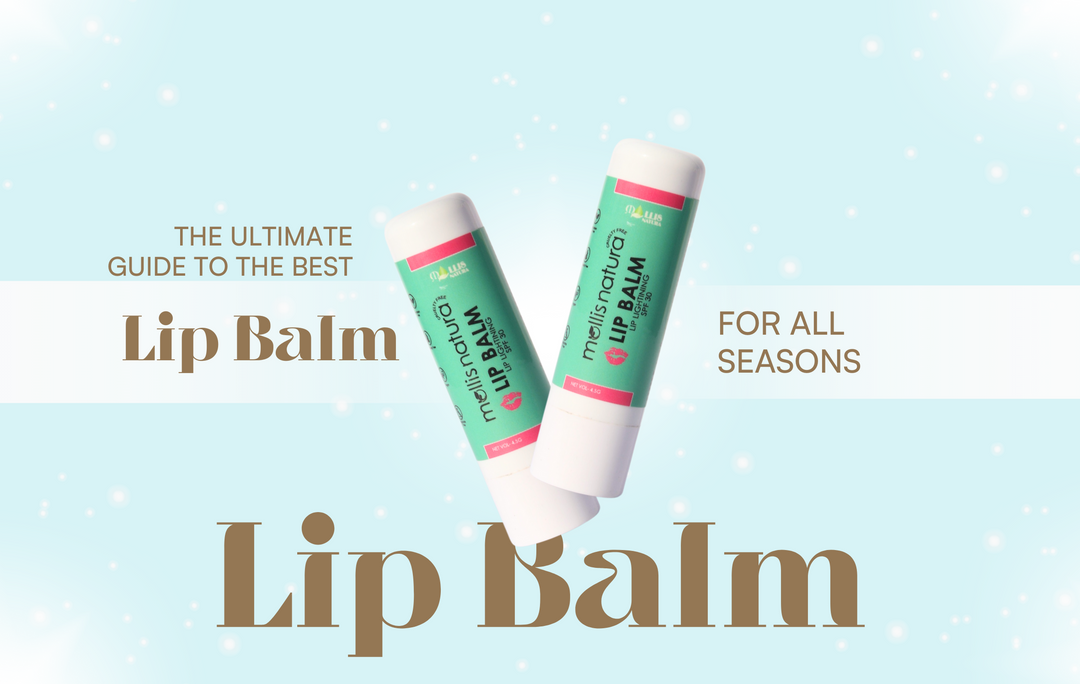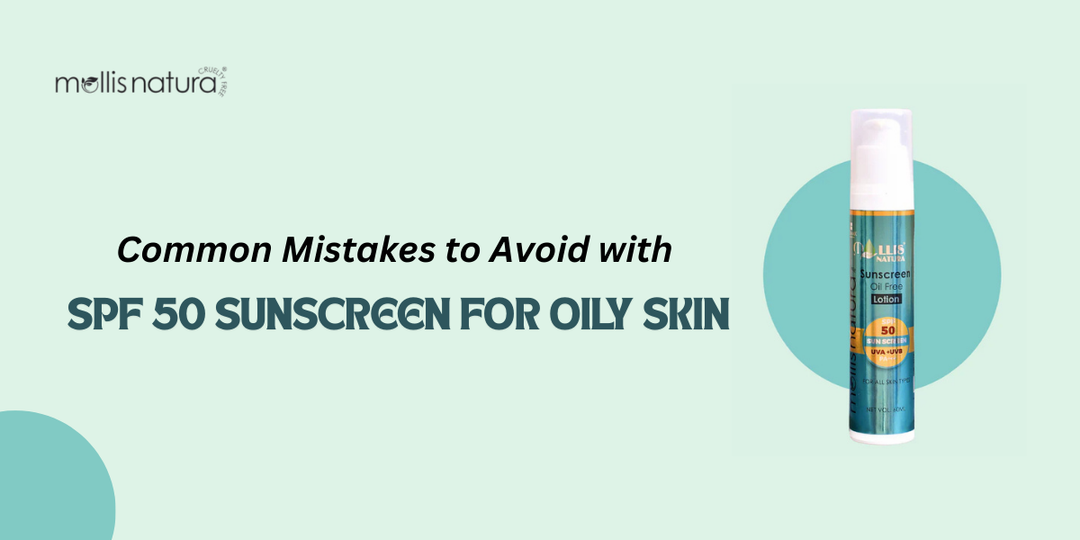How To Choose The Best Vitamin C Face Serum For Your Skin?
Vitamin C Face Serum have become extremely popular in the skincare industry because of their capacity to lighten dark spots, brighten the complexion, and protect the skin from environmental damage.
Choosing the Vitamin C Face Serum for your skin might be difficult, though, because there are so many options on the market. Here's an in-depth overview of choosing the Best Vitamin C Face Serum for your skin type to make the process easier and guarantee you find the ideal fit.
1. Check the Concentration of Vitamin C
One of the most important things to consider when selecting a Vitamin C Face Serum is the active ingredient's concentration. For best results without harming the skin, choose serums containing 10–20% vitamin C.
Lower quantities may not show any effects, while higher concentrations might be too strong for sensitive skin. Finding The Best Face Serum for your type means finding the ideal mix to get your desired benefits without harming your skin.
2. Consider the Form of Vitamin C
There are several types of Vitamin C Face Serum, each with unique properties and benefits. Look for serums that contain stable vitamin C options, including sodium ascorbyl phosphate, ascorbyl palmitate, or L-ascorbic acid. These vitamin C forms offer maximum strength and effectiveness because they are more durable and less prone to oxidation.
3. Evaluate Additional Ingredients
Consider the other components in the serum except vitamin C. Look for components that work well together, such as ferulic acid and vitamin E, as these improve vitamin C's antioxidant capacity and increase its effectiveness.
Niacinamide and hyaluronic acid are helpful components that moisturize the skin and improve its general appearance and texture.
4. Check for Stability and Packaging
It's important to select a serum with secure packaging that reduces exposure to air and light because vitamin C is easily oxidized when exposed to these factors. To ensure the product stays powerful and effective for longer, look for serums packaged in transparent or dark-colored bottles with airtight pumps or droppers.
5. Consider Your Skin Type
When choosing a Face Serum Vitamin C, consider your skin type and any particular concerns. Choose a non-comedogenic, lightweight product less likely to irritate your skin or create breakouts if you have sensitive or acne-prone skin.
To restore moisture and improve the texture of dry or older skin, use a serum that contains additional hydrating elements.
6. Patch Test Before Use
Do a patch test to check out allergic reactions before introducing a new Face Serum for Face to your beauty routine. In a separate part of your skin, apply a small amount of the serum, then watch for any indications of irritation, redness, or allergic reactions. You can use the Face Serum Vitamin C without risk if no negative effects appear.
7. Read Reviews and Seek Recommendations
Make sure you get a quality Face Serum With Vitamin C. It can be helpful to read product reviews and get advice from trustworthy sources.
When picking the finest vitamin C face serum, it's important to consider your skin type, concerns about your skin tone, the ingredient list, and recommendations from others.
Conclusion
Before selecting the best vitamin C face serum, consider your skin type, identify any issues with your skin, and read the ingredient list, formulation, and packaging.
Try our Best Face Serum for Face by following these easy instructions, which will help you obtain a brighter complexion and better skin.
FAQ
Q. 1 How do I know if my vitamin C serum is suitable?
Ans. Check suitability by looking for stable forms of vitamin C. These substances are specific to your skin type, have no irritants, an effective concentration (10–20%), and will noticeably improve your skin's texture and brightness.
Q.2 Which vitamin C suits which skin?
Ans. Ascorbic acid's strong effects make it suitable for most skin types. Sodium ascorbyl phosphate is suitable for sensitive skin, while magnesium ascorbyl phosphate is good for sensitive or dry skin.
Q.3 What to avoid when buying vitamin C serum?
Ans. Avoid serums with unstable forms of vitamin C, high concentrations (above 20%), artificial fragrances, alcohol, and harsh chemicals that may cause irritation or degrade the serum's efficacy.
Q.4 How do you know if vitamin C serum is not suitable for you?
Ans. Signs include irritation, redness, stinging, or breakouts. If skin appears duller, and sensitive, or experiences increased dryness, discontinue use and consult a dermatologist for alternative options.


